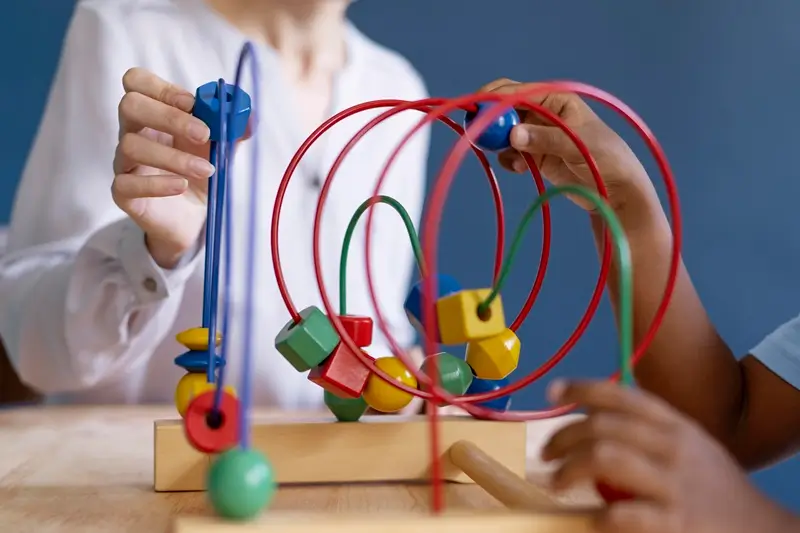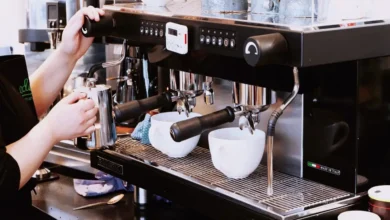
Toys’ Part in Promoting Motor Skill Development
Through play and discovery, toys are rather important in helping youngsters acquire necessary motor skills. Engaging toys create a basis for learning and daily activities and help kids improve both fine and gross motor abilities. From sensory sand like sensory sand to building blocks, these aids advance cognitive development and physical coordination. Knowing which toys best fit each stage of development can enable teachers and parents to assist a kid thrive. Well selected toys make playtime a chance for education and skill development.
Improved Gross Motor Skills via Active Play
Important for movement and coordination, gross motor abilities entail bigger muscle groups. Toys for running, leaping, and balancing abound in balls, ride-on cars, and climbing sets. Riding a tricycle or swinging on swing builds balance and core strength. Outdoor toys make exercise enjoyable and useful. Examples of these include hopscotch mats or skipping ropes. Like obstacle courses, structured games hone coordination and agility. Active play fosters confidence in movement and helps physical growth.
Using interactive games to enhance hand-eye coordination
Children’s hand-eye coordination develops via interactive toys like electronic games and sporting equipment. Reaction time and accuracy are enhanced whether catching a ball, playing with a paddle, or employing a toy hammer. Also improving coordination abilities are fast response-requiring video games. Building with construction challenges kids to match their movements with visual clues. Through tactile play, sensory sand exercises including molding and sculpting improve hand-eye coordination. These activities are interesting and help you hone important motor abilities.
Using building toys helps one develop problem-solving ability.
Lego sets, magnetic tiles, and building blocks all help with motor skills and problem-solving ability. Children’s dexterity and spatial awareness grow as they learn to stack pieces, move items, and build buildings. Children’s creativity is enhanced by construction as they test ideas and solve problems when buildings fall apart. These pursuits teach youngsters endurance and patience. Children’s fine motor abilities develop when they precisely link little objects. Play in building and construction is fun as well as instructive.
Encouraging Motor Skills and Creativity with Sensory Toys
Playdough, water tables, and kinetic sand are among the sensory toys that provide tactile sensations fostering fine motor development. Specifically useful in enhancing hand muscles and fostering creativity is sensory sand. Young children shape, scoop, and form the sand, therefore improving their dexterity and imaginative play. Textured toys enhance sensory processing by introducing youngsters to many experiences. While strengthening their muscles, youngsters can relax with textured balls or squishy toys. Sensory play is the perfect choice for skill-building as it blends physical growth with enjoyment.
Group Play’s Support of Social Skills and Motor Development
Group toy-based activities teach kids sharing, collaboration, and teamwork. Games combining social engagement with gross motor development include team-building activities, ball games, and relay races. While promoting turn-taking, dice rolling or card shuffling board games help to develop fine motor abilities. Children who participate in group art projects or build buildings together learn patience and teamwork. Peer play helps develop both physical and social abilities. Group play with shared toys aids in children’s social development as well as in motor skill development.
Using age-appropriate toys to support motor skill milestones
Choosing toys appropriate for a child’s age guarantees they grow in motor ability gradually. Soft toys and rattles that challenge gripping reflexes help newborns. Toddlers like piling cups and shape sorters that enhance fine motor abilities. Puzzles, tricycles, and painting materials that foster dexterity and imagination help schoolchildren flourish. Sports equipment, building sets, and hard crafts help older children. Including toys suitable for developmental phases keeps kids interested and facilitates their reaching of motor milestones. Play age-appropriate guarantees consistent development and skill-building.
Essential instruments for helping youngsters improve their motor skills are toys, which also help to mix learning with play thus promote development and creativity. Choosing toys that promote fine and gross motor abilities helps parents and teachers help kids develop critical life skills. Every item helps a kid grow from interactive games improving coordination to sensory experiences using sensory sand. Choosing well considered, age-appropriate toys guarantees that playtime will become a chance for development, learning, and discovery.



